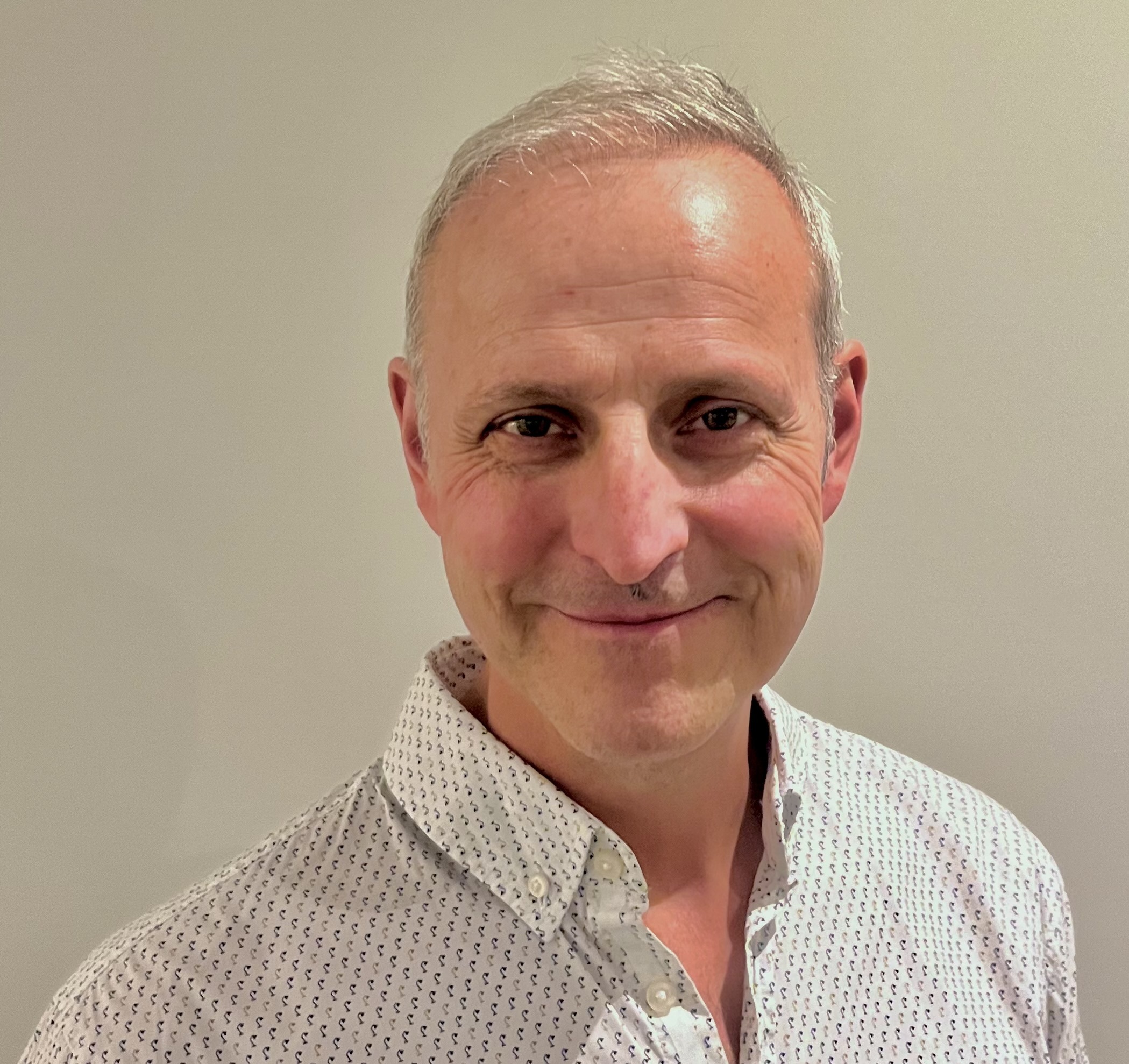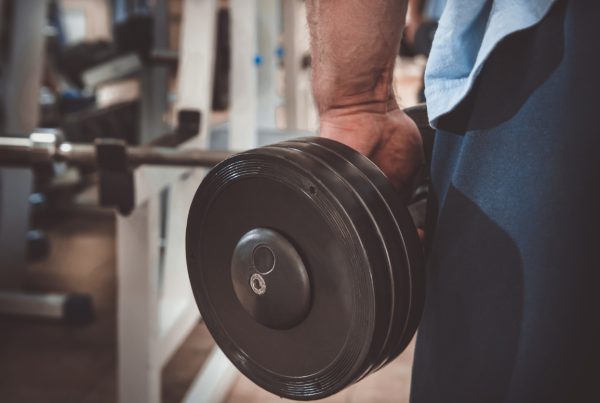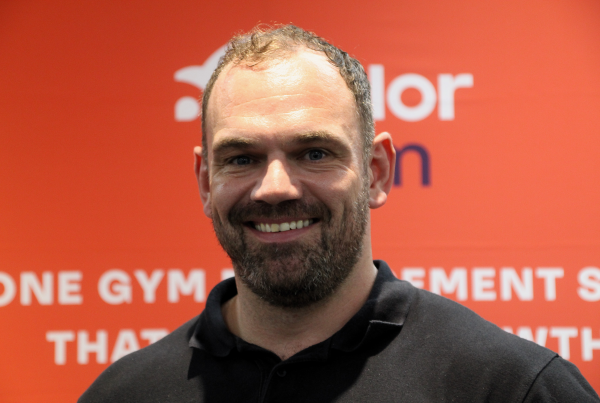By Kenny Butler, Strategic Lead for Health and Wellbeing at ukactive
The transformation of gyms, swimming pools and leisure centres into ‘health hubs’ targeting long-term conditions is a viable option to support healthcare closer to home and decrease some of the burgeoning NHS pressures while aligning with the Government’s wider health policy.
It’s well-established that the conditions in which people live – such as housing, financial stability, access to education and employment, and public services – significantly impact their health and wellbeing. One of the most critical factors is access to healthcare itself. When the NHS and Integrated Care Systems (ICS) were formalised in 2022, a key objective was to deliver more personalised care within communities, closer to people’s homes.
Shifting care from hospitals to the community isn’t just a convenience, it’s a necessity. The NHS often struggles with a lack of space for proper rehabilitation. Physiotherapists, for example, often treat patients in cramped hospital settings, where specialised equipment is scarce. This situation hinders their ability to offer the tailored care that many patients require.
Figures show that in May this year more than 340,816 people were waiting for treatment for a musculoskeletal (MSK) condition on the NHS (a year-on-year rise of 11% from May 2023) and this is leaving many people in pain, out of work or in danger of falling out of work due to their condition and functional deterioration.
We know that MSK conditions are the primary cause of disability among older adults in the UK, affecting a third of the population. With MSK conditions accounting for millions of lost workdays each year, these conditions, if left untreated, can lead to poor mobility, loss of function and mental health issues alongside economic inactivity due to the impact on people’s ability to work.
Regular physical activity can help MSK sufferers to manage and reduce these symptoms and a strong example of the success of this model (both for patients’ improvement of their condition and the economic potential), can be seen within the report ukactive and its partners have published this week.
This report details the overwhelming success of the MSK Hubs model, which saw 15 leisure operators provide 11,785 physical activity sessions to people within 94 gyms and leisure centres through exercise – helping to reduce the burden on the NHS. The pilot project was developed in partnership between ukactive, Arthritis Action, Good Boost and ESCAPE-pain, to support the health of millions of people suffering MSK conditions.
So, what did we find?
A simple, replicable model
The pilot was conducted in accessible community spaces – leisure centers, gyms, studios, and pools – with ample parking and a variety of personalised physical activity sessions for participants to choose from. These sessions ranged from water-based to land-based activities, offered individually or in groups.
Fifteen leisure operators hosted these personalised sessions focusing on progressive exercise rehabilitation and education around how to maintain mobility, reduce pain, and improve health before and after surgery. Participants were supported by instructors both in person and via tailored online guidance for their exercises, whether in the gym, studio, community space or pool.
Positive therapeutic intervention: less pain, less anxiety
The results were impressive. After attending sessions for just 12 weeks, 44% of participants reported a noticeable improvement in pain management.
The MSK Hubs model also aimed to support patients by understanding the daily challenges that the MSK community can experience. Arthritis community groups provided arthritis-specific lifestyle resources and created a peer-to-peer community for those with MSK conditions. These sessions also supported the staff members offering the MSK sessions as they were able to understand the impact of managing a condition from a patient’s perspective and helping to normalise fitness environments for participants with MSK conditions.
Additionally, participants experienced a reduction in general anxiety levels, indicating that the sessions positively impacted not only their physical condition but also their mental health and overall wellbeing.
The opportunity to scale MSK Hubs further:
Given the success of this pilot, ukactive and our partners are calling on the Government to recognise the potential of the MSK Hubs model to reach even more deprived communities across the whole of the UK, especially those in the most deprived areas. This pilot demonstrated that for every £1 invested, £5.30 in total social value was created, making it clear that this model can relieve NHS pressures and reduce waiting lists using existing facilities.
In their response to the ‘NHS Constitution: 10-year Review’, the Chartered Society of Physiotherapy (the professional trade body for Chartered physiotherapists, physiotherapy students and support workers) proposed that reducing waiting times for treatment and ensuring timely access to rehabilitation services will support more people being able to return to work and ultimately reducing health inequalities. With MSK conditions being the biggest single cause of sickness absence across the UK, this should include developing and expanding MSK hubs in the community.
In fact, 15 Integrated Care Systems across England are already testing a service called WorkWell, which provides integrated health and job support tailored to individual needs. Linking these WorkWell programmes to community MSK Hubs would offer a holistic approach to healthcare and rehabilitation.
The MSK Hubs model presents a ready-made blueprint for reducing NHS pressures while improving economic productivity. By using gyms and leisure centres to deliver personalised support for people with MSK conditions, we can create a replicable model that could be extended to other long-term conditions as well.
We’re eager to collaborate with the Government to scale these hubs, develop our workforce, broaden the scope of conditions addressed, and target deprived communities. The future of healthcare is closer to home – and it’s time to make it a reality.
To read the full report: Transforming gyms into community Musculoskeletal (MSK) Hubs: Mobilising the UK leisure sector to deliver inclusive, accessible, personalised and gamified health services for older adults with MSK conditions, click here.

More People More Active More Often




